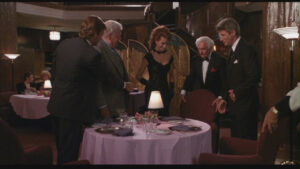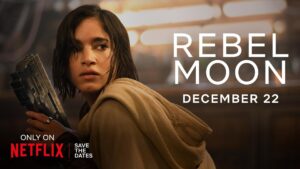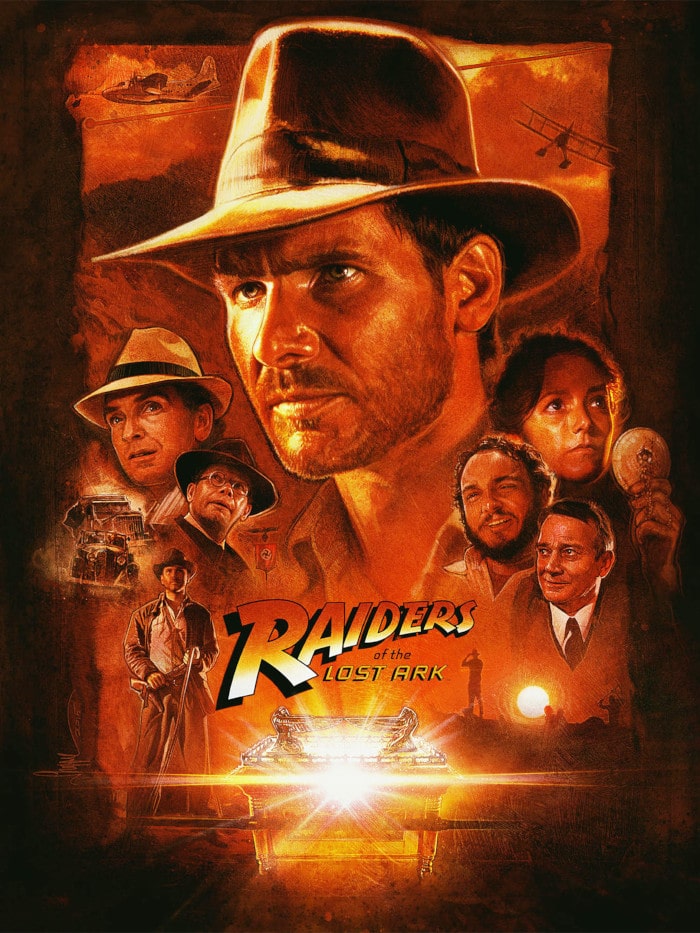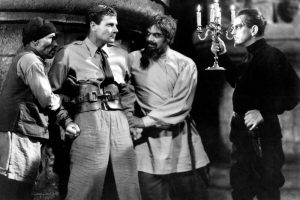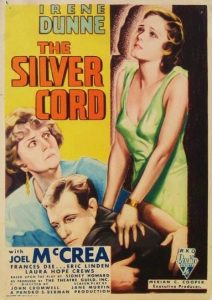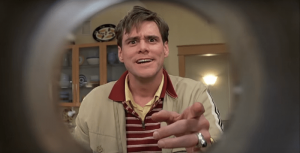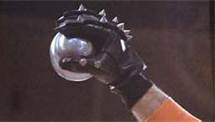Whilst clicking my way through channels the other day I flicked past Pretty Woman and it got me thinking about the movie. Who is the protagonist is the question I ask myself as a Boomer. I am no longer the thirty-something year old infatuated with Laura San Giacomo.
I think it’s an interesting question because the obvious answer is Vivian, played by Julia Roberts. It is, after all, her story. She has the arc. Doesn’t she?
Edward has the Character Arc
The thing is, Vivian doesn’t really change much or at all. She’s the hooker with a heart of gold. She’s a little rough around the edges perhaps but she is clearly educated, intelligent, and capable. She starts that way and she finishes that way.
Edward, on the other hand, changes dramatically. He starts the movie as a corporate raider with no qualms about staging a leveraged buyout of Morse Industries, a shipbuilding company run by Jim Morse along with his grandson, David.
Early Edward is the villain of the movie. The corporate raider. The dismantler of capitalism. His interactions with Jim, David, and Vivian change him. That’s his arc. By the end of the movie, he is joining Morse Industries as a partner. He will build ships with the company rather than dismantling it and selling it off for profit.
We like the finished Edward. He’s the hero. He’s changed. He has an arc.
Edward, Jim, and Capitalism
In thinking about Edward and his arc in Pretty Woman, my thoughts turned to leveraged buyouts, private equity, and capitalism.
It seems to me that, generally, we now admire beginning Edward far more than finished Edward. Make as much money as possible for yourself and your shareholders.
Edward contrasts dramatically with old-school Jim Morse. Jim owns a company but isn’t interested in squeezing the maximum profit from it. He wants to build big, beautiful ships. Ships that serve our country, yards that employ people. His goal is to create, employ, and, of course make money. He’s a wealthy industrialist. His company is successful but not as profitable as it could be and thus a target for Edward and his leveraged buyout.
A Moment about Private Equity
I’m no naïve do-gooder who thinks Private Equity firms and leveraged buyouts have no place in capitalism. They are valuable tools to keep companies in line. They play a useful role in ending bloated companies with dozens of board members and executives earning enormous salaries, siphoning off all the profits. Such companies deserve their fate.
The problem is when the Edwards of the world can leverage a buyout of a largely successful company that isn’t squeezing maximum profits. We instinctively admire Jim Morse and his grandson. They are embodiment of the best parts of capitalism.
Build a great product, provide a useful service, employ hard-working people at a fair wage. That’s the end-result of healthy capitalism. We hate early Edward in Pretty Woman.
Conclusion
It’s a complicated problem and not easily solved. I do think the ability to borrow enormous sums and immediately declare bankruptcy and not pay them back if things go wrong is a big part of the problem. These days, the darling of the capitalistic world is early Edward. We should know better.
Tom Liberman
